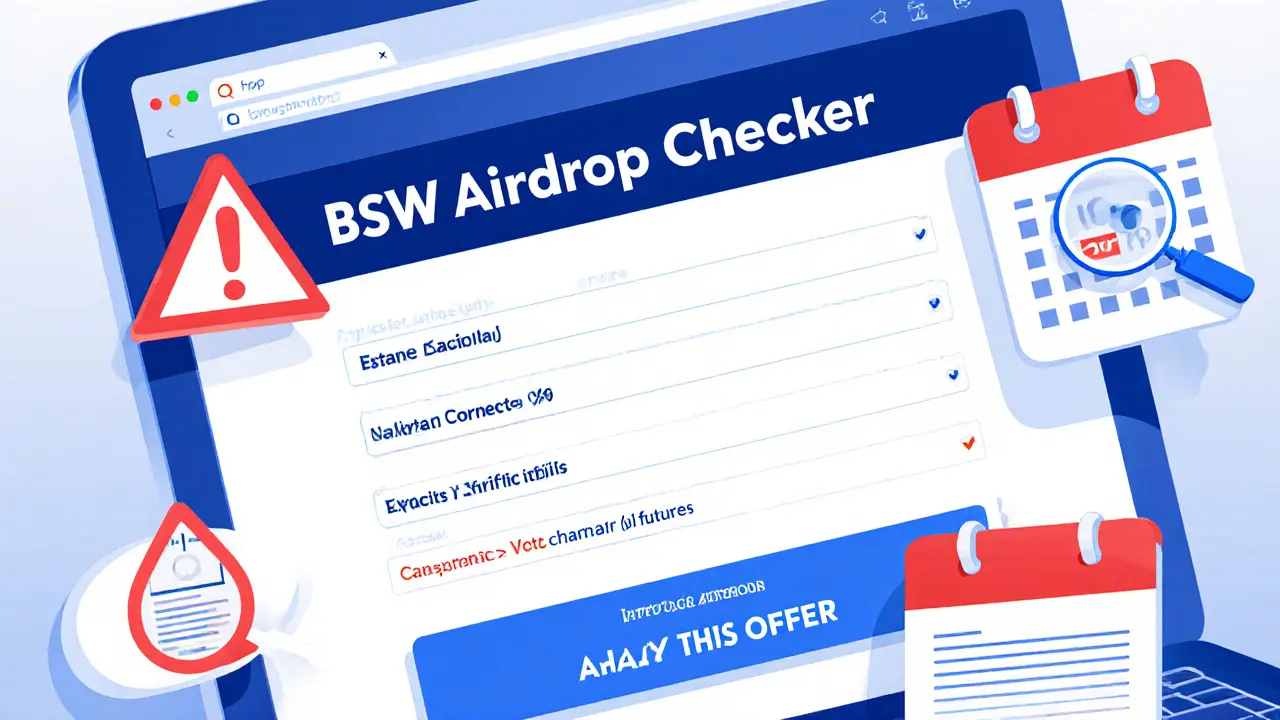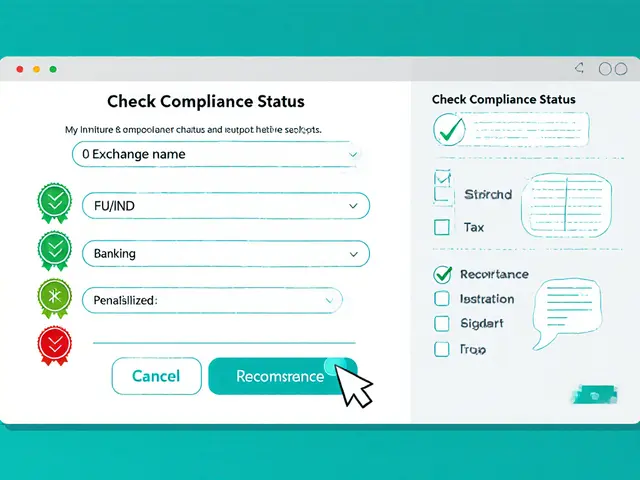DeFi Airdrop Scams – What You Need to Know
When navigating DeFi airdrop scams, fraudulent token giveaways that target unwary DeFi users, you’re looking at a growing subset of crypto airdrop, legitimate token distributions used to bootstrap new projects. Scammers hijack the excitement around free tokens, copy official branding, and lure victims into sharing private keys or sending a tiny “verification” fee. The result? Empty wallets and wasted time. Understanding that a crypto scam, any scheme that tricks users into losing funds often mimics real airdrop mechanics is the first step toward staying safe.
How to Verify an Airdrop and Spot Red Flags
Proper airdrop verification, the process of confirming a token drop’s authenticity hinges on three simple checks: official announcements, smart‑contract transparency, and community consensus. If a project claims a massive giveaway but only posts on a private Discord, that’s a warning sign. Look for the contract address on a reputable block explorer and compare it with the address shared on the project’s verified Twitter or Medium page. A trustworthy airdrop will also have a clear tokenomics outline and a reversible claim method—features you won’t find in a rushed phishing link. Finally, blockchain security, the suite of safeguards that protect smart contracts and user assets offers tools like audit reports and open‑source code reviews; when those are missing, the risk spikes dramatically.
Scammers often exploit the fear of missing out (FOMO) by adding urgency: “Claim now or lose your tokens!” This tactic triggers impulsive actions, bypassing the due‑diligence steps most users would normally take. Another common trick is the “small fee” request, where the victim is asked to send a tiny amount of ETH or BNB to cover gas costs before the airdrop is released. In reality, the fee goes straight to the attacker’s wallet. Recognizing that legitimate airdrops never require a payment to receive free tokens helps you cut off the scam before it starts.
Beyond verification, staying ahead of scams means using community‑driven tools. Platforms that aggregate ongoing airdrops often flag suspicious offers based on crowd‑sourced reports. These sites maintain a reputation score for each project, combining audit results, developer history, and user feedback. By checking a project’s score, you can quickly gauge whether the airdrop is likely genuine or a copy‑cat operation. Additionally, setting up alerts for new contract deployments on your favorite blockchains can give you a heads‑up before a malicious token spreads widely.
DeFi airdrop scams not only drain wallets but also damage the reputation of the broader ecosystem, making it harder for real projects to gain traction. By applying the verification steps outlined above, leveraging blockchain security resources, and keeping an eye on community signals, you turn the tables on scammers. Below you’ll find a curated collection of articles that dive deeper into specific scams, share real‑world examples, and offer actionable checklists to protect your assets. Explore the guides to sharpen your detection skills and keep your DeFi journey scam‑free.
Learn the truth behind Biswap's supposed airdrop, spot scams, and discover safe ways to earn BSW through farming, NFTs, and official incentives.



 Finance
Finance




